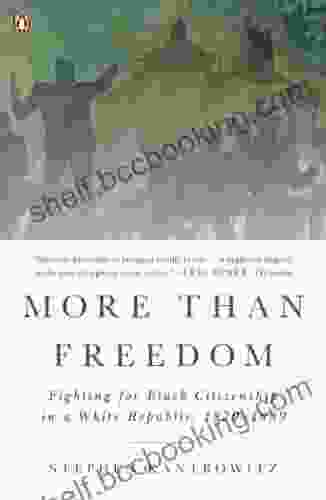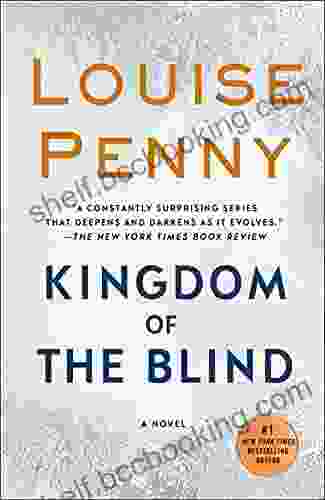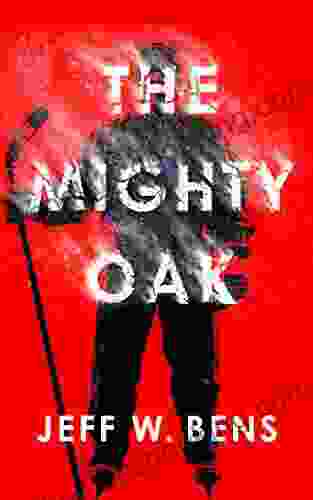Fighting For Black Citizenship In White Republic 1829 1889 Penguin History

The United States was founded on the principle that all men are created equal. However, for much of the nation's history, this principle did not apply to black people. Black people were enslaved, denied basic rights, and subjected to discrimination. The struggle for black citizenship was a long and difficult one, but it was eventually successful. In 1865, the Thirteenth Amendment to the Constitution abolished slavery. In 1868, the Fourteenth Amendment granted citizenship to all persons born or naturalized in the United States. And in 1870, the Fifteenth Amendment gave black men the right to vote.
The book "Fighting For Black Citizenship In White Republic 1829 1889 Penguin History" tells the story of this struggle. It covers the period from 1829 to 1889, and discusses the major events and figures in the fight for black citizenship. The book is a valuable resource for anyone interested in the history of the United States and the fight for civil rights.
5 out of 5
| Language | : | English |
| File size | : | 4001 KB |
| Text-to-Speech | : | Enabled |
| Screen Reader | : | Supported |
| Enhanced typesetting | : | Enabled |
| Word Wise | : | Enabled |
| Print length | : | 529 pages |
The Early Years
The struggle for black citizenship began in the early 19th century. At that time, black people were enslaved in the United States. They were denied basic rights, such as the right to vote, the right to own property, and the right to an education. They were also subjected to discrimination in all aspects of life.
Despite these challenges, black people began to organize and fight for their rights. In 1829, David Walker published his "Appeal to the Coloured Citizens of the World." In this pamphlet, Walker argued that black people should fight for their freedom and independence. He also called for them to establish their own schools and churches.
Walker's pamphlet inspired other black leaders to speak out against slavery and discrimination. Frederick Douglass, William Lloyd Garrison, and Sojourner Truth were among the most prominent abolitionists of the 19th century. They spoke out against slavery, organized protests, and helped slaves escape to freedom.
The Civil War
The Civil War was a turning point in the struggle for black citizenship. The war began in 1861, when the Confederate States of America seceded from the Union. The Confederacy fought to preserve slavery, while the Union fought to preserve the Union and end slavery.
Black people played a major role in the Civil War. They fought in the Union army and navy, and they helped to build the Union's infrastructure. Their contributions to the war effort helped to convince many Americans that black people deserved to be free.
In 1865, the Union won the Civil War. The Thirteenth Amendment to the Constitution was ratified, abolishing slavery. This was a major victory for the abolitionists and for black people.
Reconstruction
After the Civil War, the United States entered a period of Reconstruction. During Reconstruction, the federal government tried to help black people rebuild their lives and integrate into American society. The government passed laws to protect black people's rights, and it sent troops to the South to enforce these laws.
Reconstruction was a difficult period for black people. They faced violence and discrimination from white southerners who resisted the changes that were being made. However, Reconstruction also saw some progress. Black people began to build their own schools and churches, and they began to participate in politics.
In 1868, the Fourteenth Amendment to the Constitution was ratified. This amendment granted citizenship to all persons born or naturalized in the United States. This was a major victory for black people, as it gave them the right to vote and to hold office.
In 1870, the Fifteenth Amendment to the Constitution was ratified. This amendment gave black men the right to vote. This was another major victory for black people, as it gave them the opportunity to participate in the political process.
The End of Reconstruction
Reconstruction ended in 1877, when the federal government withdrew its troops from the South. This led to a resurgence of white supremacy in the South. Black people were denied their rights, and they were subjected to violence and discrimination.
The end of Reconstruction was a major setback for black people. However, the fight for black citizenship did not end. Black people continued to organize and fight for their rights. They established their own schools and churches, and they began to participate in politics.
The 20th Century
The 20th century saw continued progress in the fight for black citizenship. In 1954, the Supreme Court ruled in Brown v. Board of Education that segregation of public schools was unconstitutional. This ruling helped to desegregate schools and to give black children a better education.
In 1964, the Civil Rights Act was passed. This law outlawed discrimination based on race, color, religion, sex, or national origin. The Civil Rights Act was a major victory for the civil rights movement, and it helped to improve the lives of black people.
In 1965, the Voting Rights Act was passed. This law prohibited states from using literacy tests and other discriminatory practices to prevent black people from voting. The Voting Rights Act was a major victory for the civil rights movement, and it helped to increase black voter turnout.
The fight for black citizenship in the United States has been a long and difficult one. However, black people have made significant progress over the years. They have fought for their rights, and they have won.
The story of the fight for black citizenship is an important one. It is a story of courage, determination, and hope. It is a story that should be told and retold for generations to come.
5 out of 5
| Language | : | English |
| File size | : | 4001 KB |
| Text-to-Speech | : | Enabled |
| Screen Reader | : | Supported |
| Enhanced typesetting | : | Enabled |
| Word Wise | : | Enabled |
| Print length | : | 529 pages |
Do you want to contribute by writing guest posts on this blog?
Please contact us and send us a resume of previous articles that you have written.
 Book
Book Novel
Novel Page
Page Chapter
Chapter Text
Text Story
Story Genre
Genre Reader
Reader Library
Library Paperback
Paperback E-book
E-book Magazine
Magazine Newspaper
Newspaper Paragraph
Paragraph Sentence
Sentence Bookmark
Bookmark Shelf
Shelf Glossary
Glossary Bibliography
Bibliography Foreword
Foreword Preface
Preface Synopsis
Synopsis Annotation
Annotation Footnote
Footnote Manuscript
Manuscript Scroll
Scroll Codex
Codex Tome
Tome Bestseller
Bestseller Classics
Classics Library card
Library card Narrative
Narrative Biography
Biography Autobiography
Autobiography Memoir
Memoir Reference
Reference Encyclopedia
Encyclopedia Richard Walter
Richard Walter Janice Sottile
Janice Sottile Jarrett Melendez
Jarrett Melendez Natalie Keller Reinert
Natalie Keller Reinert Jared Dudley
Jared Dudley Kim S Cameron
Kim S Cameron Ron Kaplan
Ron Kaplan Mason Bell
Mason Bell Richard Bertinet
Richard Bertinet Lisa Dines
Lisa Dines Sue Bentley
Sue Bentley Jay Rayner
Jay Rayner Jarrett Wrisley
Jarrett Wrisley Jason Watson Cpa
Jason Watson Cpa Jane L Rosen
Jane L Rosen Jareth Tempest
Jareth Tempest Jeff Shore
Jeff Shore Rachel Bertsche
Rachel Bertsche Richard Watts
Richard Watts Zalmay Khalilzad
Zalmay Khalilzad
Light bulbAdvertise smarter! Our strategic ad space ensures maximum exposure. Reserve your spot today!
 Travis FosterFollow ·6.8k
Travis FosterFollow ·6.8k Junichiro TanizakiFollow ·12.4k
Junichiro TanizakiFollow ·12.4k Jamal BlairFollow ·18.3k
Jamal BlairFollow ·18.3k August HayesFollow ·7.9k
August HayesFollow ·7.9k Art MitchellFollow ·18.5k
Art MitchellFollow ·18.5k Octavio PazFollow ·9.3k
Octavio PazFollow ·9.3k Alex ReedFollow ·8.2k
Alex ReedFollow ·8.2k Rick NelsonFollow ·19.5k
Rick NelsonFollow ·19.5k

 Carlos Drummond
Carlos DrummondHow Companies Win the Mergers and Acquisitions Game:...
In today's...
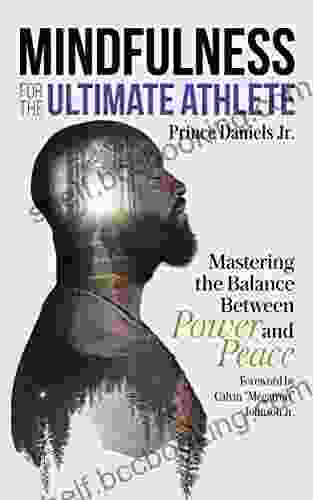
 Craig Blair
Craig BlairMastering The Delicate Balance Between Power And Peace
In today's ever-evolving world, the interplay...

 Wade Cox
Wade CoxUnveiling the Zen of Golf: A Journey to Inner Mastery
: The Harmony of Mind,...
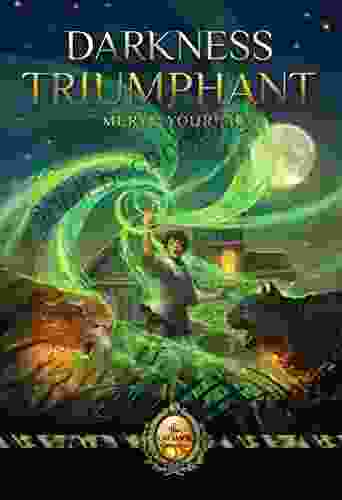
 Gerald Bell
Gerald BellDarkness Triumphant: Three of the Catmage Chronicles
Synopsis ...

 Henry James
Henry JamesDarkness Rising: One of the Catmage Chronicles
A Captivating Fantasy Adventure...
5 out of 5
| Language | : | English |
| File size | : | 4001 KB |
| Text-to-Speech | : | Enabled |
| Screen Reader | : | Supported |
| Enhanced typesetting | : | Enabled |
| Word Wise | : | Enabled |
| Print length | : | 529 pages |


